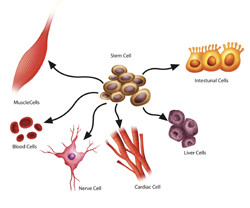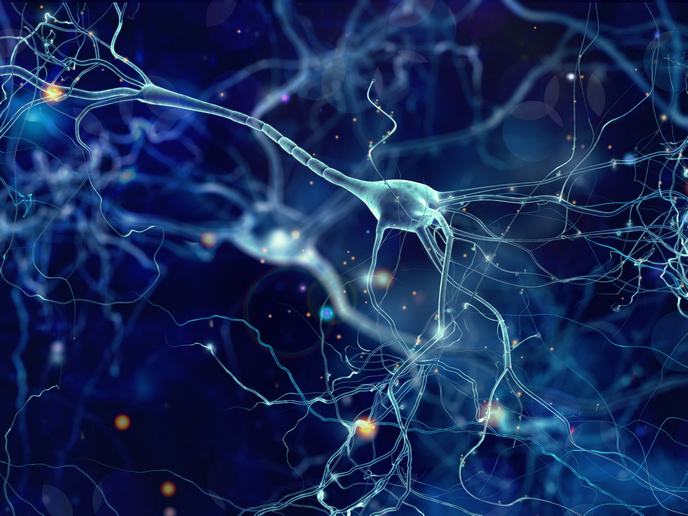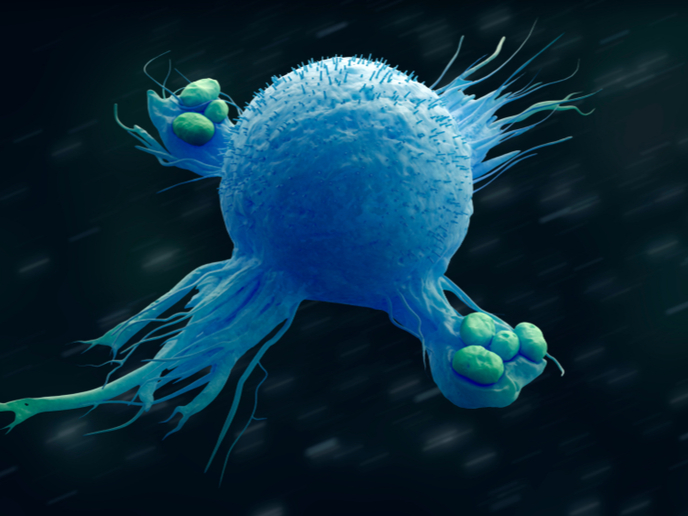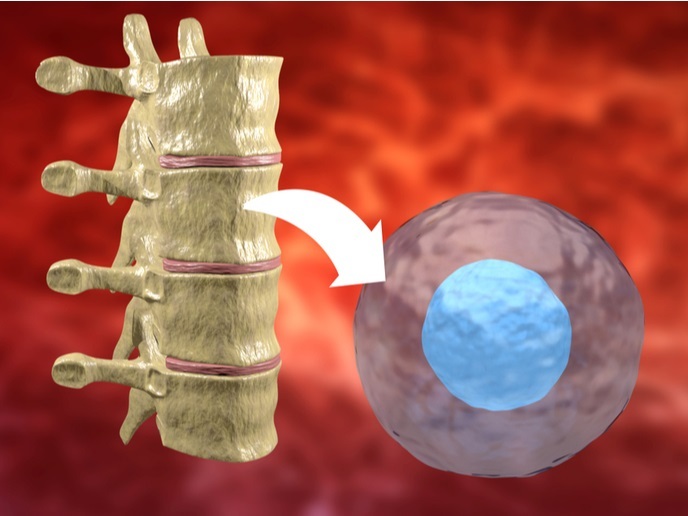Mammalian stem cell models
Stem cells have the remarkable potential to develop into different cell types in the body during early life and growth. Until recently, scientists worked with two kinds of stem cells: embryonic stem cells and non-embryonic tissue specific or adult stem cells. More useful for research, induced pluripotent stem cells (iPSCs) are adult cells that have been genetically reprogrammed to an embryonic stem cell–like state by factors defining properties of embryonic stem cells. The EU-funded 'Induced pluripotent stem cells in rabbit, pig' (ANISTEM)(opens in new window) project created a stem cell research training programme. The programme will enable long-term partnership between the industrial and academic participants. The Hungarian industrial partners and Dutch and Hungarian universities are collaborating in the field of stem cell research in two mammals (rabbit and pig). The aim of ANISTEM is the generation and characterisation of iPSCs in these animals and study of their differentiation towards the cardiac lineage. The researchers identified and isolated five rabbit pluripotency markers (OCT4, SOX2, KLF4, cMYC and NANOG)and successfully generated two rabbit iPSCs lines. They characterised them for the marker expression pattern and verified their ability to differentiate in vitro towards the three germ layer lineages. The acquired porcine iPSCs have been cultured under various conditions. RNA from these cells has been isolated and gene expression of pluripotency genes (OCT4, NANOG, SOX2) are currently under examination. Researchers also studied pig oocyte cells, so-called Cumulus cells, as a source for iPSCs in a non-transgenic fashion. They cultured them for 12 days in the presence of specific factors. The cells have been analysed by staining for alkaline phosphatase activity and quantitative reverse transcriptase- polymerase chain reaction (qRT-PCR) to examine expression of genes that are markers of pluripotency or differentiation. Results of the project have been presented at several meetings and in 12 published scientific journal papers. The main impact of the project is in integrating efforts in stem cell biology, biomedical models and cell therapy between industry and academia for long term collaboration.







